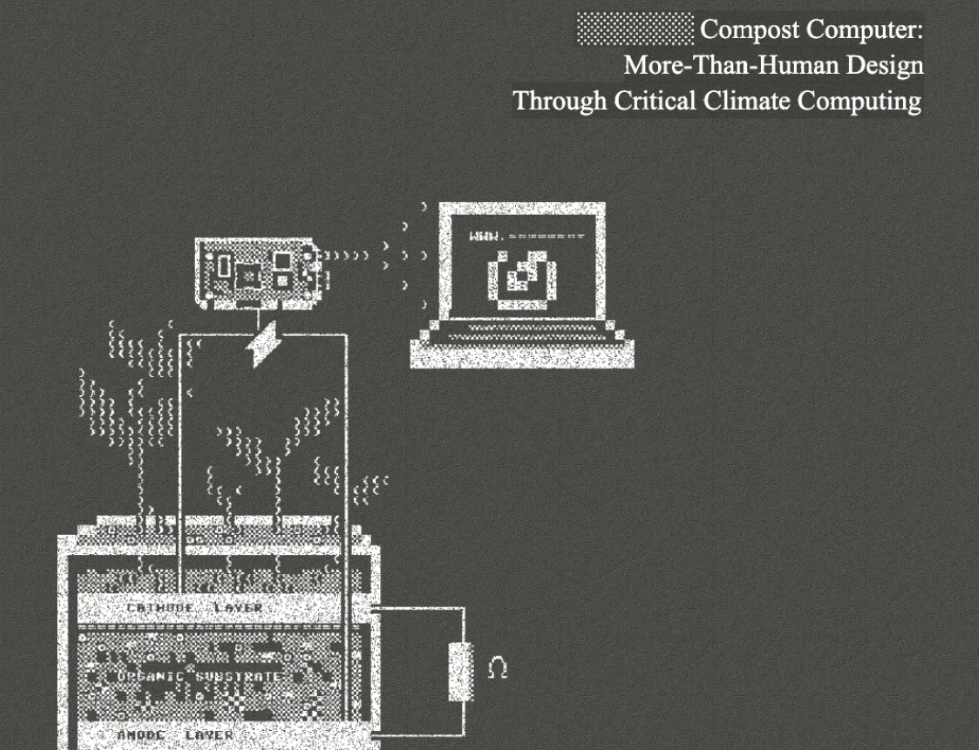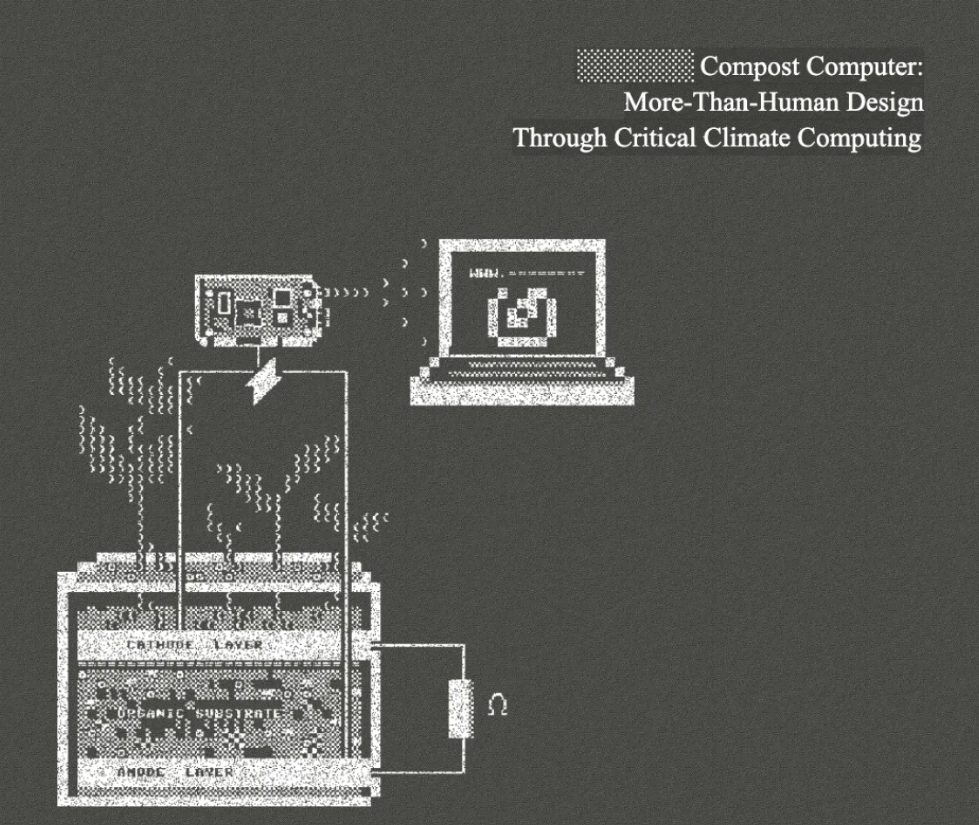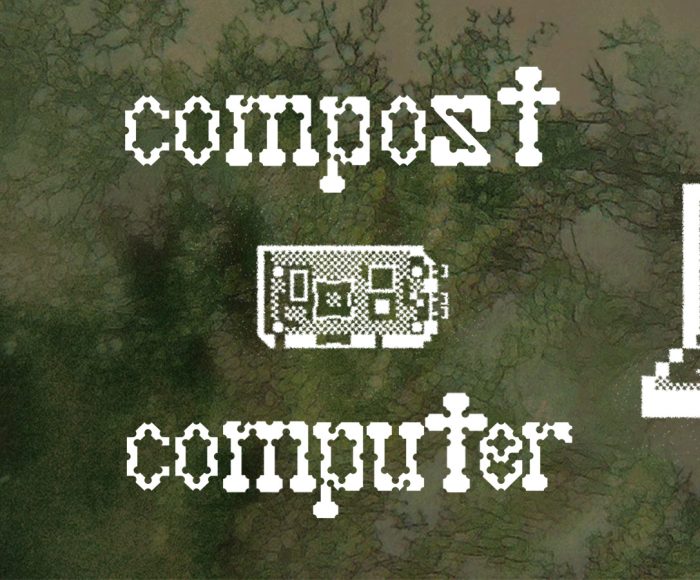The founding of the CCC was driven by the era of ‘Post-Abundance’ that we have entered, with the breaking down of supply chains, energy price rises, global conflicts, and climate effects all impacting resource availability and cost. Computation is one of the key sites for this impact, via supply chain disruptions that have repeatedly decreased component availability against a background of increased demand and higher price per compute. As well as a site of impact, computation is itself one of the drivers for these crises when the energy use of AI training and cloud computing now dwarves the kWh usage of multiple countries combined and is increasing, semiconductor production is widely seen as an emerging trigger of major conflicts and the next technological arms race, and computational e-waste is blighting landscapes throughout the Global South causing long-term impact on communities and landscapes.
As creative practitioners and researchers, we have an opportunity and responsibility in this moment to articulate the complexity of what is happening and what is to come, and to demonstrate through our practices how change can and should happen. From its beginnings as a novelty, digital arts is now a mainstream field and a set of practices that permeates many forms of traditional and emerging art and design. At this time, when many digital practitioners are embracing computationally consumptive tools such as generative AI, there is a risk that digital art will become history’s most consumptive art practice at the absolute worst point in history for this to happen. In response to these conditions, the CCC was founded to articulate what ideas like de-growth communism could means in a digital arts context, and how we re-think ‘progress’ aside from consumptive computational and technological advances.
The practices we are developing and fostering at the CCC focus on carbon and technological literacy around computational systems and their uses, promoting uses of them in arts and design practice that modify, hack, or employ these tools in ways that reduce consumption, minimise waste, and engage with their hidden functionalities to propose mindful and critically reflexive engagements with them. This practice does not simply argue for an abandonment of computational tools in our practice, as there is no manufactured art material that can be said to be free of the original sin of extractive capitalism. It also does not abandon technology, because the CCC members have all chosen to be digital practitioners. The provocations, potentials, and affordances of digital technologies are what inform our creativity and define our practices. We don’t want to abandon this conflict, we want to stay with the trouble.
We want to foster practices that acknowledge the climate crisis as a hyperobject that intersects with many forms of disempowerment and injustice around the world, allowing for a wide range of social, racial, and economic justices to be understood in relation to the climatic. This facilitates an interdisciplinary approach to the research of the CCC, tying it into other critical projects adjacent to climate and technology, such as decolonialism, critical technology studies, critical race studies, and algorithmic justice.






